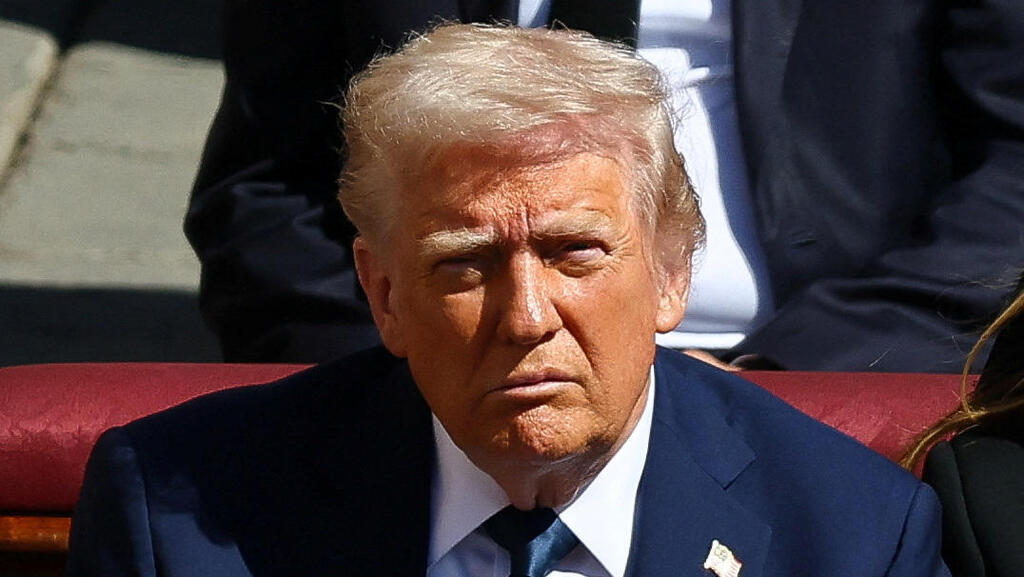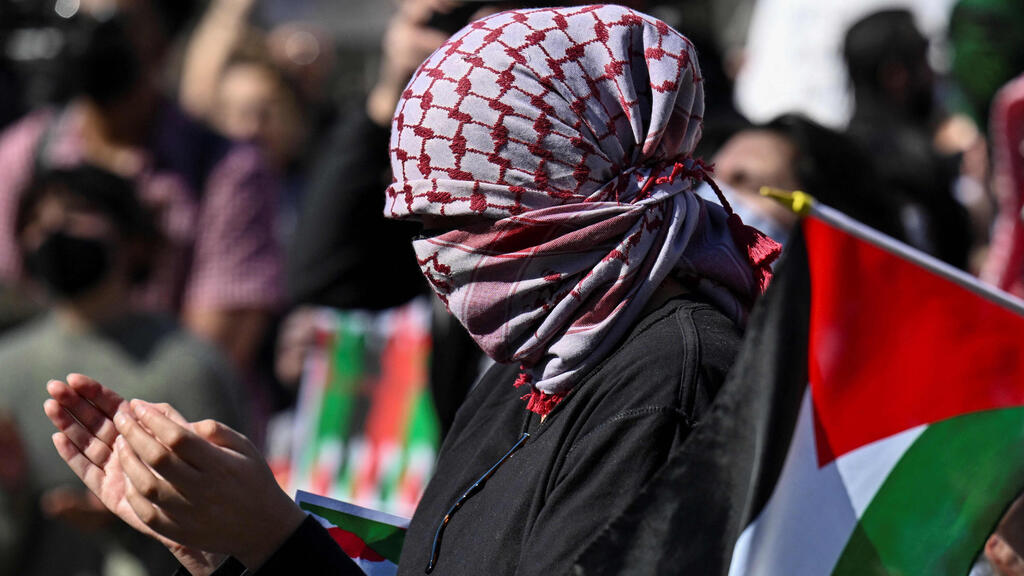Getting your Trinity Audio player ready...
Last Purim, students at Columbia University's journalism school — the institution that awards the Pulitzer Prizes — were instructed not to write. Not about Gaza. Not about Israel. Not about Ukraine. And especially not about Mahmoud Khalil, a graduate of the school who was arrested in April and sent to a notorious detention facility in Louisiana. "No one can protect you," the dean warned.
The directive was aimed mainly at international students, who feared losing their visas or legal status. For many, it marked a breaking point. American journalism — once a symbol of freedom — suddenly seemed like a dangerous profession. "What’s the point of studying journalism," one student asked, "if you can't publish anything?"
Secretary of State Marco Rubio said that week that studying in the U.S. is a privilege: "No one has a right to a student visa. No one has a right to a green card." Yet even he would likely agree that this privilege has never been solely about classroom learning. Another prominent official, Elon Musk, once admitted that while studying at the University of Pennsylvania, his mind was "elsewhere" — playing chess with Ethiopian cafeteria workers, learning card tricks, and eventually launching a startup to provide city guides for newspapers. Studying in America has always been about more than lectures; it’s about participating in the broader experience. And what is a student, if not someone immersed in conversation, conflict, and the real world — not just textbooks?
But for the Trump administration, the university space has become an important strategic battleground — a priority from the very start of his campaign. And as promised, Trump delivered. The wave of pro-Palestinian protests on campuses triggered unprecedented measures: funding freezes at leading universities, targeted immigration crackdowns, and a reevaluation of free speech boundaries in academic spaces. Supporters argue these moves were necessary after universities failed to protect Jewish students, and that legitimate protests often crossed into blatant antisemitism. They claim the intervention isn’t political but a matter of core values, driven by the unsafe environment many Jewish students now report.
It began with Columbia — a key protest hub — where $400 million in federal grants were frozen. Columbia partially backed down, agreeing to ban masks during campus protests, expand security powers, and increase oversight of its Middle Eastern Studies department. Still, the funding has not been fully restored. The crackdown then reached Harvard, where the government demanded the expulsion of students and faculty allegedly "supporting Hamas," the banning of pro-Palestinian groups, and disclosure of all external funding sources. When Harvard refused, the administration froze $2 billion in funding, announcing it would not be reinstated without "structural changes." Other universities largely remained silent — or tried to buy time.
Get the Ynetnews app on your smartphone: Google Play: https://bit.ly/4eJ37pE | Apple App Store: https://bit.ly/3ZL7iNv
Meanwhile, dozens of international students were arrested, and their visas were revoked on the grounds that their public activism "conflicted with American interests." Mahmoud Khalil, a Syrian-Palestinian Columbia graduate who led campus protests, became a symbol of the crackdown. Married to an American citizen and holding a green card, Khalil was not charged with any crime. Yet he remains detained under a Cold War-era immigration law originally designed to prevent communist espionage, now repurposed to allow the detention of immigrants based on "foreign policy concerns."
The message is clear: If universities cannot ensure their campuses are "safe environments for Jewish students," they will lose federal funding. But the demands are extending into controversial territory — monitoring slogans, expelling faculty, and banning student organizations. Which slogans are acceptable? Which professors deserve to stay? And is a student expressing solidarity with Gaza an antisemite — or a supporter of terrorism? Trump's critics accuse him of stifling dissent and violating free speech, and even the Jewish community is divided. Many fear that Jews are being turned into political pawns, a move that could increase antisemitism and deepen divides with Muslim communities in the U.S.
Nearly 100 days into Trump's term, it's clear that targeting universities is no accident. These institutions are not just centers of education; they are icons of liberal elitism, privilege, and everything Trump seeks to position himself against. Even if never stated outright, the battlefield is obvious: Academia is now as political a frontline as Congress itself.




